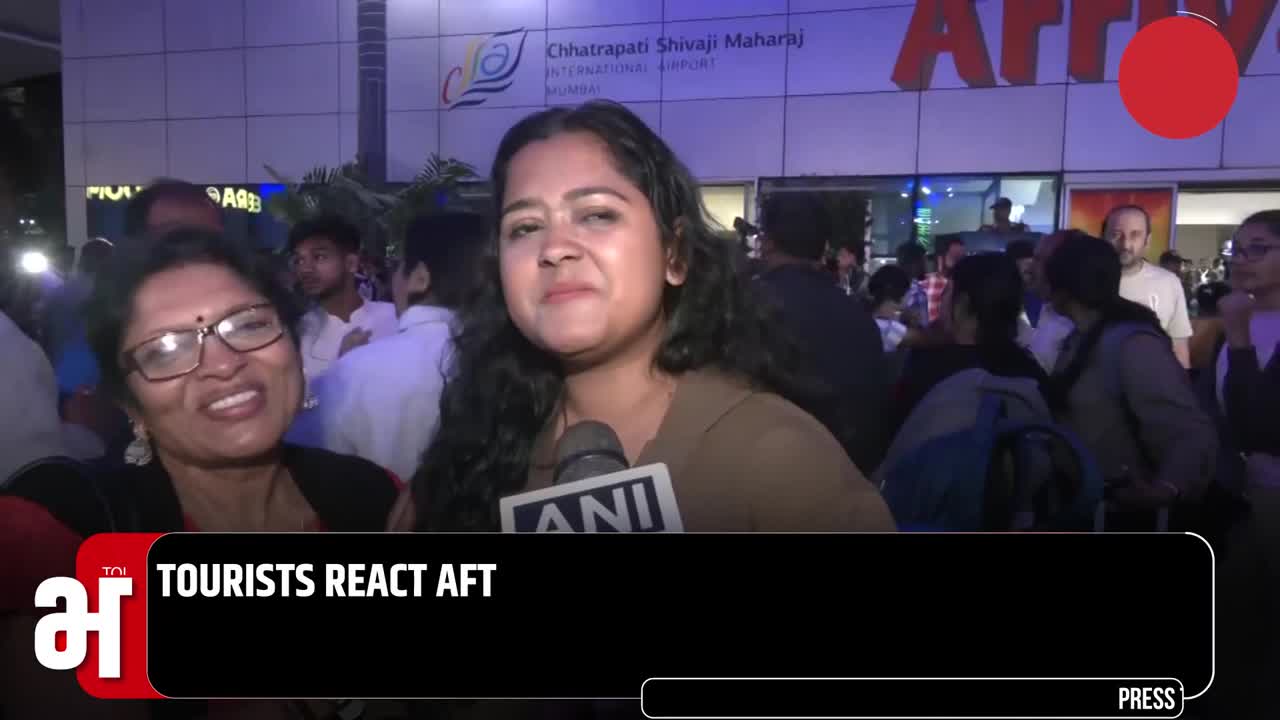For the upcoming Lok Sabha polls this year, it is estimated that a total of 11.80 lakh polling stations would be required across India.During simultaneous polls, two sets of EVMs would be needed per polling station – one for the Lok Sabha seat and another for the assembly constituency.
To account for defective units and replacements, a certain percentage of Control Units (CUs), Ballot Units (BUs), and Voter-Verifiable Paper Audit Trail (VVPAT) machines need to be kept as reserves, as mentioned in the communication sent by the EC to the government, reported PTI.
At least one BU, one CU, and one VVPAT machine make up for one EVM. Therefore, the minimum number of EVMs and VVPATs required for simultaneous polls would be: 46,75,100 BUs, 33,63,300 CUs, and 36,62,600 VVPATs, stated the commission.
In early 2023, the approximate cost of EVMs stood at Rs 7,900 per BU, Rs 9,800 per CU, and Rs 16,000 per unit of VVPAT.
First simultaneous polls in 2029
The EC responded to a questionnaire on simultaneous polls from the law ministry and emphasised the need for additional polling and security personnel, enhanced storage facilities for EVMs, and more vehicles.
Considering the production of new machines, increasing warehousing facilities, and other logistical factors, the Commission mentioned that the first simultaneous elections can only be held in 2029.
Changes to Constitution
It also pointed out that five articles of the Constitution would require amendments to hold simultaneous polls for the Lok Sabha and state assemblies.
These articles include Article 83, Article 85, Article 172, Article 174, and Article 356. Additionally, changes would also be needed in the Tenth Schedule of the Constitution, which relates to disqualification on the grounds of defection.
To examine the issue of simultaneous elections, the government has formed a panel led by former president Ram Nath Kovind. The High Level Committee on One Nation, One Election has been assigned the task of studying and making recommendations for holding simultaneous elections to the Lok Sabha, state assemblies, municipalities, and panchayats. The committee will consider the existing framework under the Constitution of India and other statutory provisions.
(With inputs from PTI)





